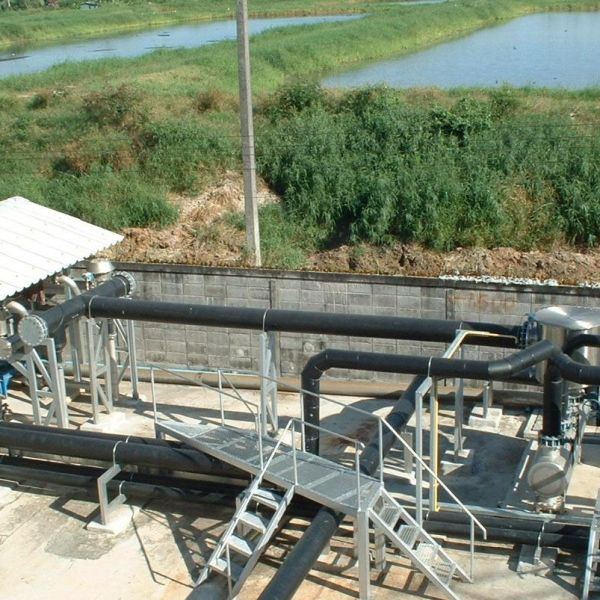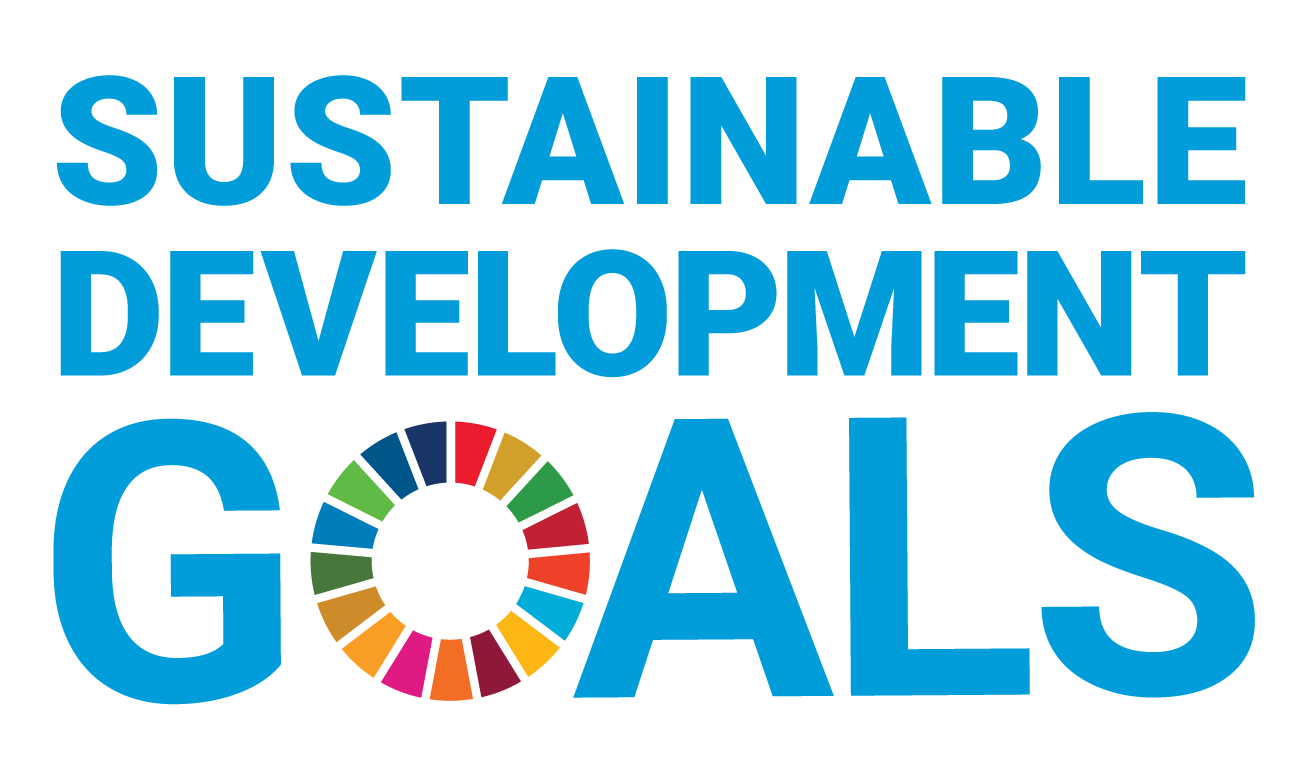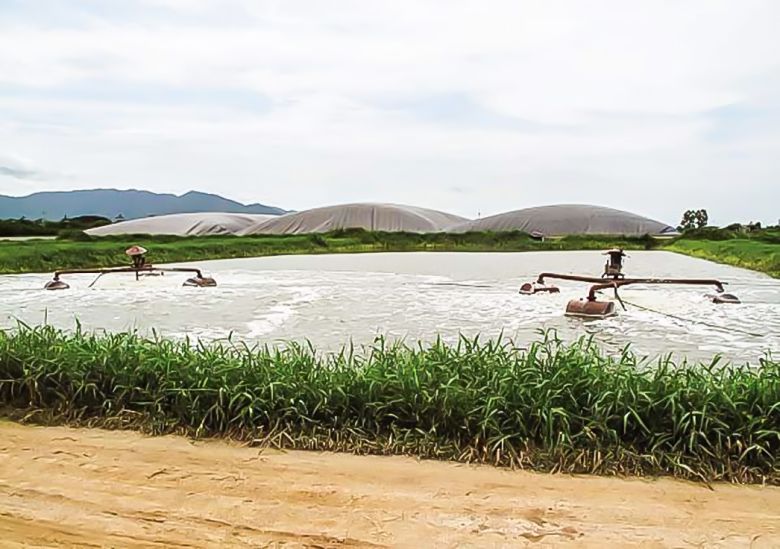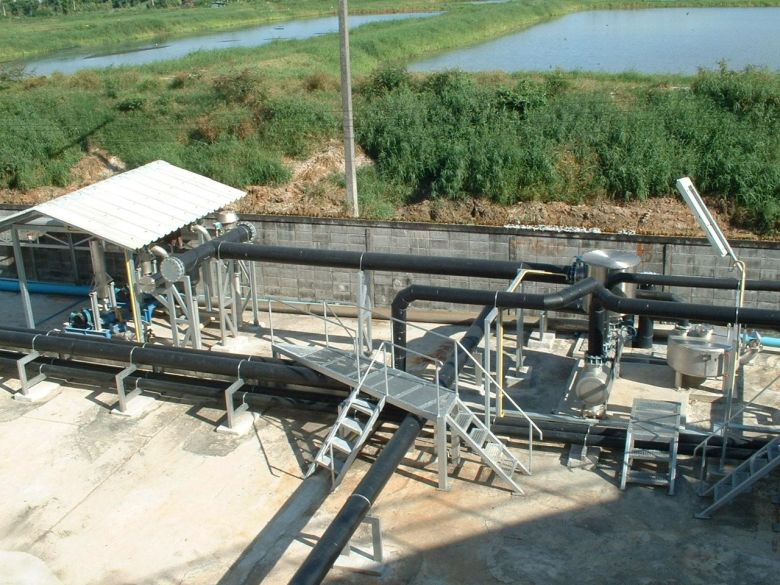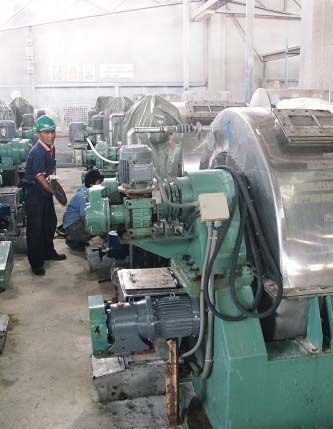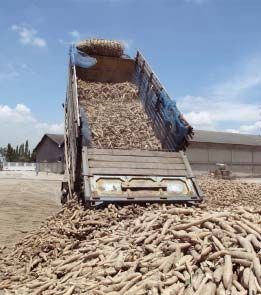
Unser Bekenntnis zu Integrität
Unser Ziel ist es, führend in den Bereichen Risikomanagement, Qualität und Compliance für Klimaschutzprojekte zu sein.

Klimaschutz finanzieren und CO2-Zertifikate kaufen
Fördern Sie glaubwürdige Klimaschutzmaßnahmen und nachhaltige Entwicklung, indem Sie zertifizierte Klimaschutzprojekte auf der ganzen Welt unterstützen.
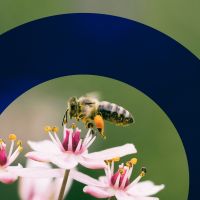
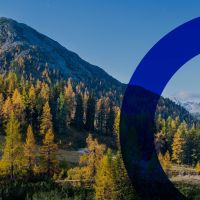
South Poles 2024 Net Zero Report
Unternehmen schweigen zunehmend zu Nachhaltigkeitszielen.

Catching up with Climate
Bleiben Sie auf dem Laufenden: Nachrichten, Richtlinien und Innovationen im Bereich Klimaschutz.
